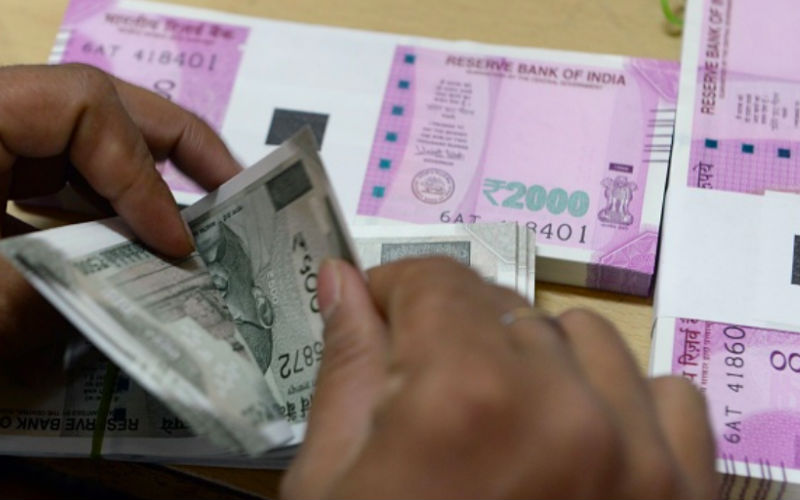
DELHI: India is withdrawing its highest-value currency note just months before a national election, when cash in circulation typically surges.
People have until Sept 30 to deposit 2,000 rupee (US$24) notes into their bank accounts in batches of maximum 20,000 rupees each or exchange them for other denominations, the Reserve Bank of India said in a statement Friday citing its ‘clean note policy’. It didn’t say what happens to those unable to meet the deadline but added that as of now the notes remain legal tender.
The move holds echoes of Prime Minister Narendra Modi’s demonetisation decision in 2016, which came weeks before a key state election and was alleged to be a clampdown on spending by political rivals. While that move removed almost all cash with the public, the latest decision impacts just about 11% of currency in circulation and therefore will probably trigger little chaos.
The RBI said the decision has been taken as the 2,000 rupee note isn’t commonly used for transactions and “the stock of banknotes in other denominations continues to be adequate to meet the currency requirement of the public.”
“The RBI had already shown an inclination to reduce the usage of 2,000 rupee notes in the economy,” said Rahul Bajoria, an economist at Barclays Plc in Mumbai. “Unlike the previous episode in 2016, this withdrawal is unlikely to be disruptive for economic activity.”
The forced increase in deposits could ease some pressure on local lenders struggling to fund double-digit credit growth in recent months. The RBI has raised its benchmark rate by 250 basis points since May 2022.
“Deposit accretion of banks could improve marginally in the near term,” said Karthik Srinivasan, a senior vice president for financial sector ratings at Icra Ltd. “This will ease the pressure on deposit rates hikes and could also result in moderation in short-term interest rates.” - FMT



No comments:
Post a Comment
Note: Only a member of this blog may post a comment.